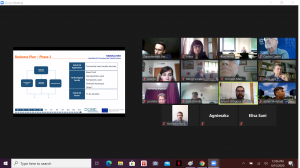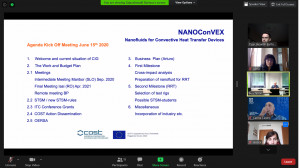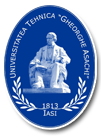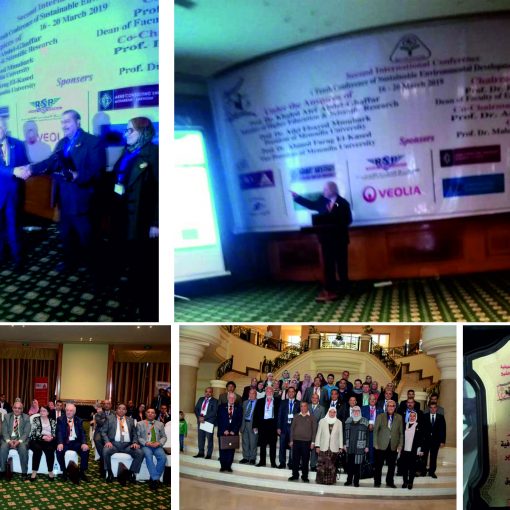Gheor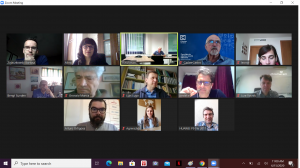 ghe Asachi Technical University of Iaşi took part at the first Core Group meeting organized in an international COST – CIG project (financed by HORIZON 2020).
ghe Asachi Technical University of Iaşi took part at the first Core Group meeting organized in an international COST – CIG project (financed by HORIZON 2020).
The event was held online on 15-th of June, 2020. The CIG (Cost Innovator Grant) project is a pilot one seen as a continuation of a successful COST networking action. The CIG Grant Holder is Institut für Luft- und Kältetechnik Dresden, Germany and the action manager is professor Matthias Buschmann. Gheorghe Asachi Technical University of Iaşi is proposer and a full member of the Management Committee through prof. dr. habil. Alina Adriana MINEA (from Faculty of Materials Science and Engineering) involved in the project as Scientific Communication manager of this COST-CIG action.
The meeting was coordinated by professor Matthias Buschmann (chair of the Action) and gathered participants from Germany, Spain, Italy, Slovenia, Sweden, Portugal, Romania, France and Poland.
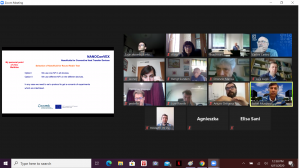
The meeting first aim was to set the plan for the envisaged activities and to gather solutions for future activities, like organizing the conference,
the intermediate meeting (in Maribor, Slovenia), the final project meeting (in Iasi, Romania) as well as the STSMs for researchers in the area of new fluids. In regard to Technical University Gheorghe Asachi from Iasi role in the project, professor Minea will also coordinate the best practice and standardization of numerical simulation for nanofluid flow, together with professor Oronzio Manca (from Università d. Studi della Campania, Italy) and professor Jure Ravnik (from University of Maribor, Slovenia).
The target groups addressed by the CIG are the European industries and their engineers designing heat transfer processes and industries developing and manufacturing heat exchangers for situations that demand high efficiency in combination with high reliability. Moreover, the project addresses industries producing heat transfer fluids.
The main activities to be developed in the project are: a cross impact analysis of nanofluids impact; selection of nanofluids for experimental round robin tests and experimentation (case studies in real life environment); establishing regulations for environmental, safety and health; establishing best practice and standardization of numerical simulation for nanofluid flow; delivering the business plan.
